The assembly of the native american Women from the office, strengthens leadership, and female allows for the exchange of experiences
The event brings together more than 300 women, indigenous peoples, to reflect on the challenges in their lives and territories
By Larissa Smith, Network, Juruena Live
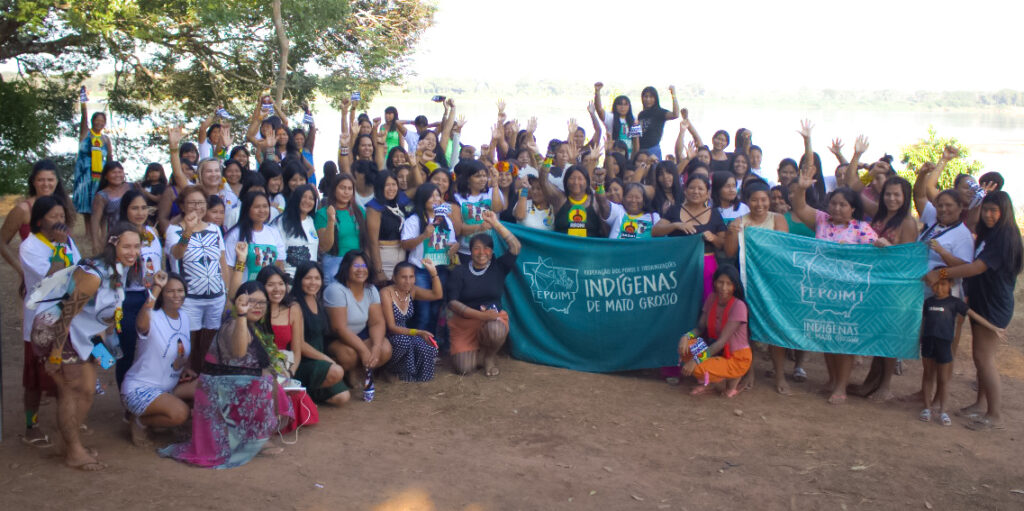
The village Krehawa, located in Indian Land, santo domingo, to the people of the Karajá, it was the venue of the fourth Meeting of the Women of the indian state of Mato Grosso, organized by the Department of the Women’s Federation of the People and Organizations of Indigenous peoples of Mato Grosso (FEPOIMT). Between 04 and 08 of July, more than 300 women, indigenous people, we gathered to share their experiences and to reflect on the challenges and discuss solutions for their communities and rural areas.
The event turned out to be a space for critical reflection, exchange of experience and strengthening of the leaders of women’s, indigenous, and highlighted the urgency of a concrete action, and the public policies that address the needs of these women and their communities.
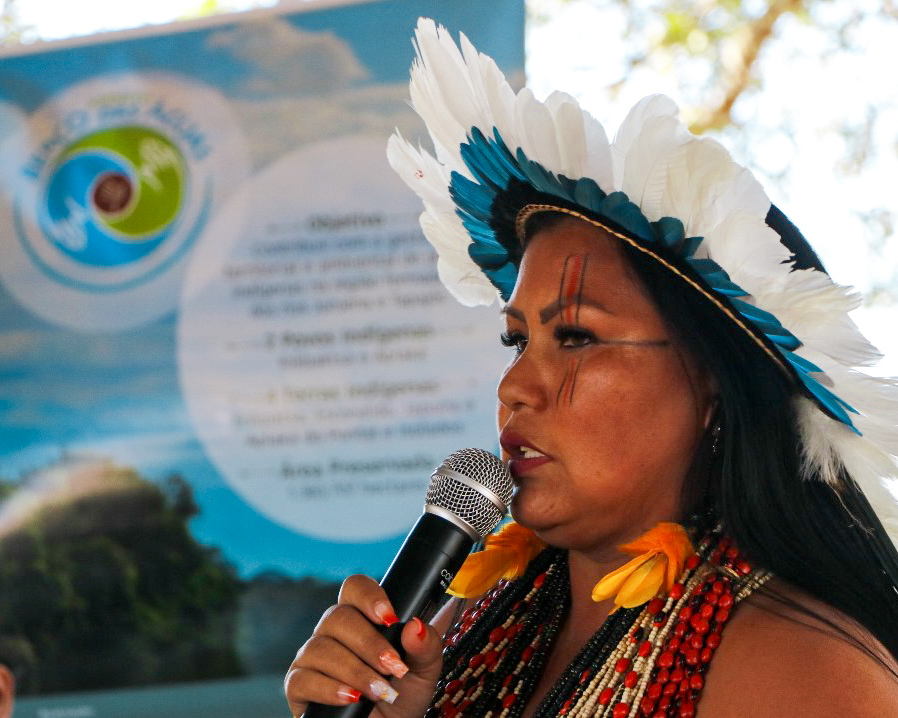
The discussions are crucial, and in the monitoring of the territorial
During the four days of the meeting, they discussed pressing issues, such as illegal logging, mining, and the trade is illegal, the construction of hydroelectric power plants, the invasion of the territory, and the expansion of the agricultural sector.
Recognized as a great protector of his community, the participants stressed the importance of monitoring the land and the need for public policies that include the participation of indigenous women.
The agenda also included discussions on the formation of associations, and strengthening the organizations that promote the autonomy of the political and economic basis of women.
Coping with violence
Domestic violence: the moral, mental, and physical heritage has been one of the themes of the Meeting. When Xunakalo, the president of the FEPOIMT, he stressed the need to break down the idea that aggression is culture.
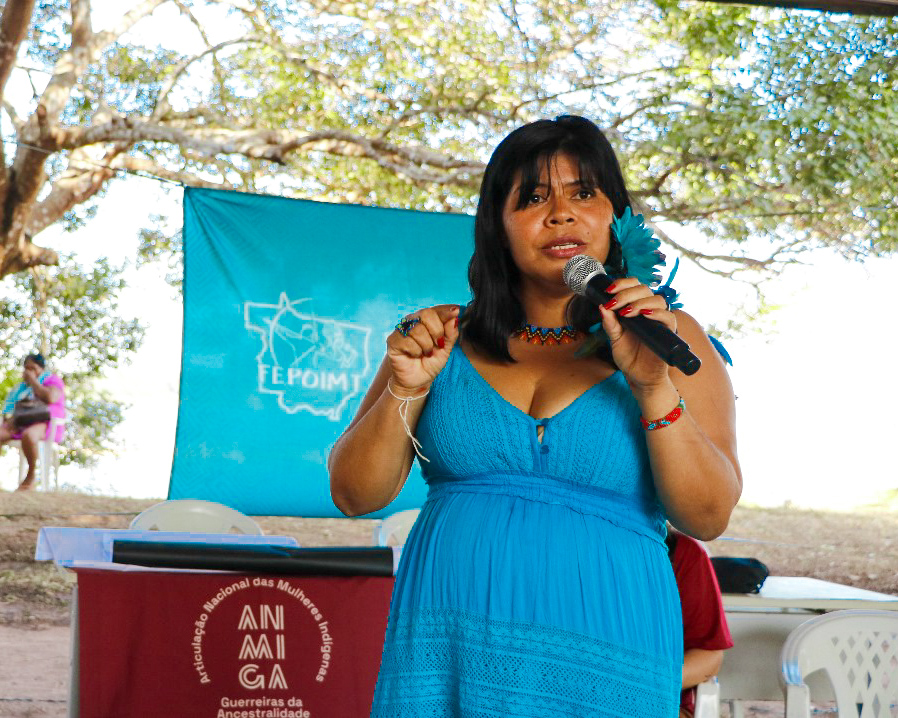
“A lot of us think that the attacks are something that is cultural, but it’s not, we are not able to see the issue of violence against our bodies, it is not cultural. She also emphasized the importance of the Maria da Penha Law ‘ and directed to the native american women to report violence they suffered.
Reports on impact of teen pregnancy, abuse, hospital, femicide, and shortcomings in the activities of the state police and the department of social welfare and demonstrated the urgency of effective public policies. The participants reconfirmed the need for shelter care and is suitable for women to be in a situation of vulnerability.
Joziléia Companies, the executive director of the National organization of Women, Indigenous peoples See also: in the Mouth (ANMIGA), pointed out that the ANMIGA and other organizations that are charged to effective measures by the Federal Government.
The strengthening of the cultural, economic and
In addition to the discussions at the Meeting also facilitated the creation of cultural performances and an exhibition of indian crafts. Watatakalu Yawalapiti, and the co-founder of the ANMIGA, he pointed out the importance of such events for the exchange of experiences and the creation of wealth.
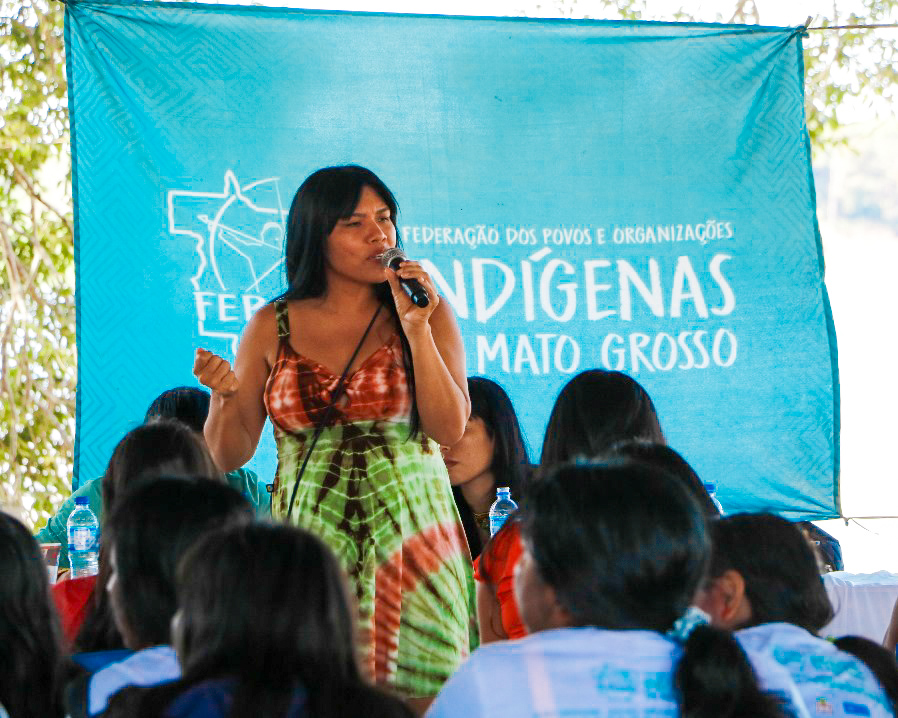
“At these events, the women with the big, or in any event for the indigenous movement, it is a place of exchange, not only because of the non-indigenous people to come in and buy in to the craft, but also the exchange between native american women. That is why it is important for the indigenous organizations in order to focus on these women, because they have to earn income within the community, they are still true to our culture”
Representation and Participation
Among the participants, 40 of indigenous women in the north west region of Mato Grosso state, and represented to the people Despite that, the Apiaká, Enawene Nawe, Manoki, Myky, the Munduruku, Kawaiwete, Haliti-Paresi and in Nambikwara.
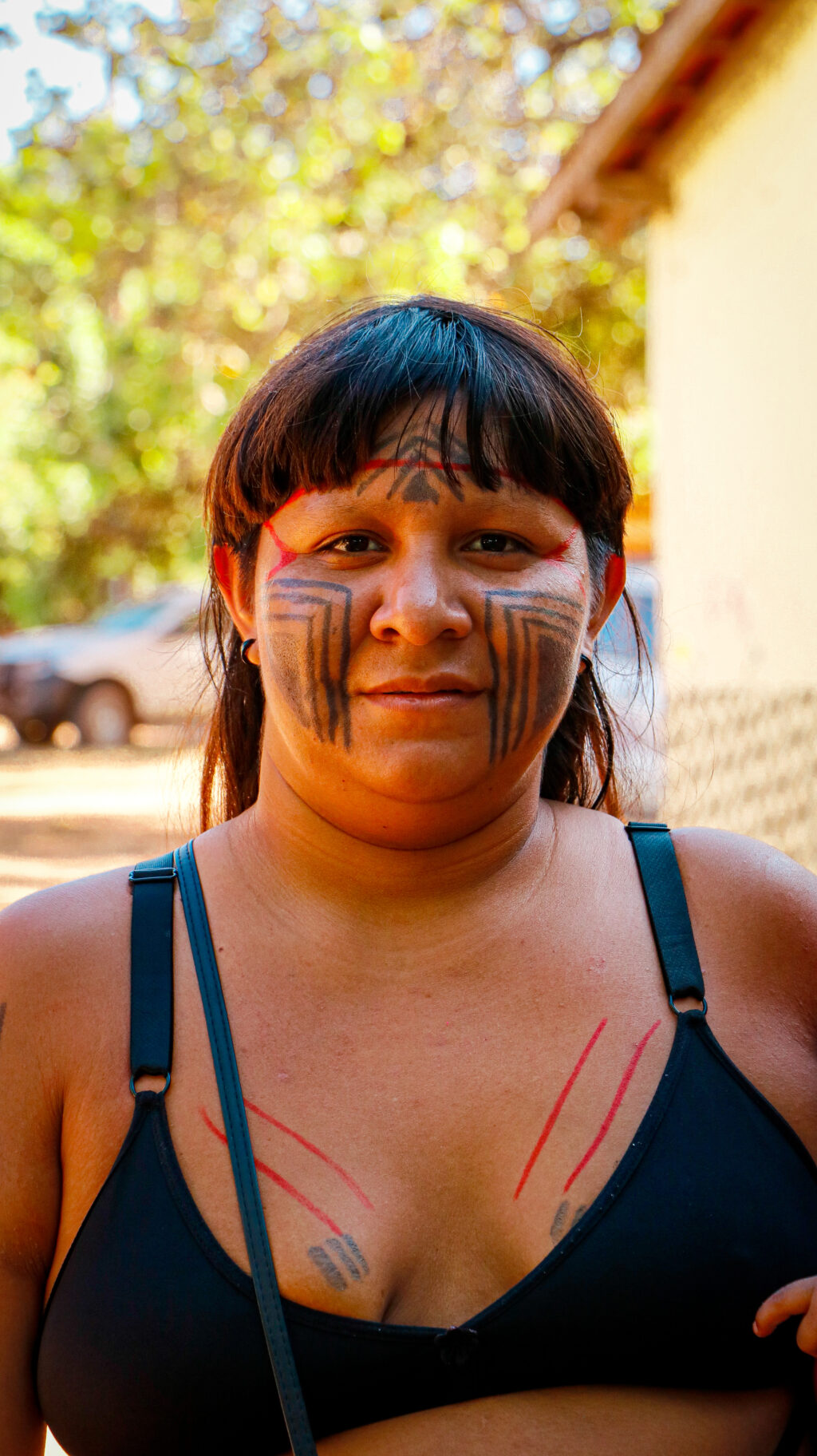
This meeting marked the first ever appearance of the women of the people of the Enawenê-Nawê, in the Assembly of native american Women of the FEPOIMT, representing a a significant milestone in the fight for the rights of women, indigenous people from the Mato Grosso state. The diversity and the coming together of voices to reinforce the importance of the event is to promote the leadership of women and the protection of the rights of indigenous peoples.
The next Meeting
At the end of the meeting, it was decided that the next edition of the Meeting of Women in the indian state of Mato Grosso will be carried out on the Territory of the Indigenous Japuíra, for the people, Despite that. Ivaneide Hepowy, the vice-president of the Association for Indigenous Women, Despite (AIMURIK), he expressed his expectations, and he wished to welcome to the future participants. “We welcome you to our community and to the country. We will do as much as possible to get them as well, and we look forward to all of you.”
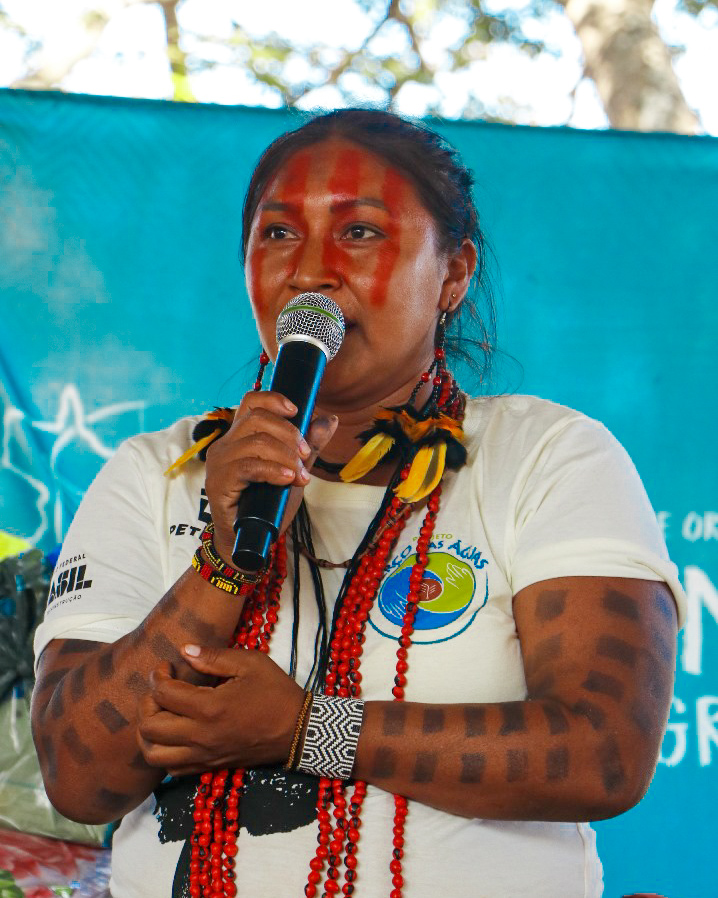
The event culminated in a feeling of empowerment and renewal, between the present, highlighting the strength and resilience of indigenous women, in the defense of their rights, lands, and cultures, and d is a network of support and solidarity among the various ethnic groups of the state of Mato Grosso.
